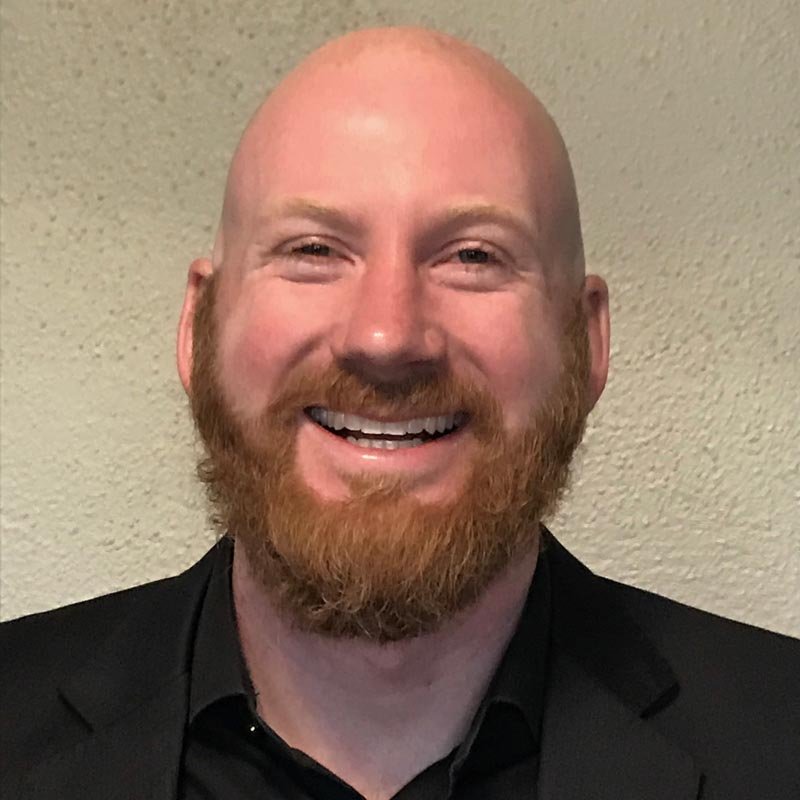#020 - Guest Blog! Understanding And Healing Emotions Alternatively: How Emotions Can Cause Dis-Ease and What You Can Do About It
/Hi ya'll, this week I have guest blogger Samhitta Jones who runs Community Acupuncture Clinic Boulder. She has created this amazing community based acupuncture clinic which offers treatments on a sliding scale. I have been honored to be her collogue for the last three years and have also received treatments from her many times that have always benefited me. Enjoy!
When symptoms become persistent enough, we may find a label for them in Western medicine, also known as a “disease.”
You may think, “But the pain is too great!” You may ask, “But how can I fix it?”
All forms of healing are truly about the entire person, including their body, mind, and emotions.
Unwanted emotions can cause physical symptoms, as "undigested" events in our lives seem to cling and tint our present moment. Any feeling or emotion, that we are not able to be fully present to, has some power over us and can haunt us. Often, these unwanted feelings can simmer in our body, creating stagnation and toxicity and leading to disease years later. In fact, there is research concluding that people get cancer about five years following a traumatic event that was never "fully digested." Meeting difficult emotions with curiosity and acceptance can heal dis-ease, even cancer.
Being well is not just about repairing the physical body or suppressing innate emotions with drugs (the common approach in Western Medicine). Viewing the person as a whole is firmly rooted in the ancient wisdom of healing traditions worldwide. Holistic benefits have been well-documented by investigative tools of Western science. Links between thoughts, attitudes, emotions, and illness, as well as links between thoughts, attitudes, emotions, and healing have been noted in clinical studies.
Some of the research involves the pituitary-adrenal-hypothalamic axis and the autonomic nervous system and the effects of emotions and thoughts on these systems. Additionally, studies have shown effects on gene expression linked to inflammation, immunologic response, and aging. Clear links between emotions, thoughts, and the physical body have been demonstrated, suggesting that our thoughts and feelings impact our physical bodies.
In most languages, there are phrases that point to the body-emotion connection. For example, in Germany, we say, “Someone walked over your liver!" This means that someone made you angry. Or, "I got cold feet," meaning, “I got afraid.” Fear is connected to the kidneys.
In Chinese medicine, the observance of emotional health and its importance to healing the body has been part of the Medicine Wheel forever. The Lung element - Metal, correlates with emotional grief, while the Liver element - Wood, relates to anger. The Kidney element - Water, holds fear, and the Spleen element (digestion, food absorption and distribution) holds thoughtfulness and pensiveness. As a practitioner, I have witnessed these relationships in my work, and as a fellow journeyer, I’ve experienced them personally. It is important to realize that all these emotions are natural feelings, and we experience them as aspects of our wonderful humanity.
Unfortunately, when feelings remain internalized, without avenues for healthy expression and release, they can inspire vibrations in our “body-mind” that disrupt our natural, homeostatic balance. The imbalance can express itself through symptoms of the “body-mind.” I use the term, “body-mind,” because symptoms can express themselves as physically, emotionally, or both.
There is hope yet. Emotional healing is unique and individualized for each and every one of us. We may begin at any level of our bodymind. We may start with the physical. We may start with the emotional. And there are countless tools and techniques to support this process.
Effective treatment often includes a mix of the following: meditation, homeopathy, Chinese Medicine, The Feldenkrais Method, massage therapy, Rolfing, Hakomi therapy, Craniosacral therapy, osteopathy, Reiki, breath therapy, nutritional modification, use of essential oils, Bach Flower Remedies, Yoga, movement therapy, and many other alternative practices. You may find a way to peace through group offerings or private support.
Always be gentle and patient with yourself. While support can be crucial and quite necessary, ultimately, the greatest healer lies within you, not within the office of any practitioner, or the scope of any technique or system. “Body-mind” healing is a journey of exploration and growth.
May you be well and feel well.
Samhitta has been practicing Chinese, Oriental and Herbal Medicine as a certified and licensed Acupuncturist in Colorado for over sixteen years, and has been a Cranio Sacral Therapist for 18 years. http://boulderacupuncture.co
Samhitta was an instructor in several classes and a clinic supervisor at Southwest Acupuncture College, as well as practicing in her private clinic. She has been in an apprenticeship with Dr. Patty Wang, OMD and Dr. Henry Cao, OMD for the past 19 years, studying acupuncture and Chinese Herbs for difficult cases. In addition, she studied Oncology and Chinese Medicine at the MD Anderson Cancer Hospital in Houston, Texas. From 2011-2013, she was employed at the Boulder Community Hospital in the Cancer Care Center for Integrative Care, providing Chinese Medical care for Oncology patients. She can be reached at 303 4470443



